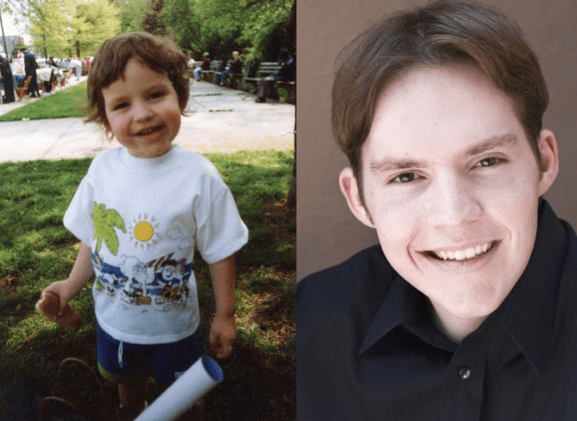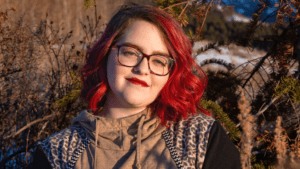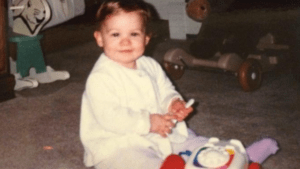My living situation seems to be constantly changing. Over the past 6 years I’ve lived in 8 different places. Those places include 5 dorms, 2 apartments, one by myself and one with two roommates, and my house where I grew up in. I have to tell you, living independently can be a CRAZY process. For those with autism who have a tough time with transitioning like myself it could be even worse.
For me though it’s been one amazing ride, which I wouldn’t have been able to get through without doing my prep work first and plenty of it.
That’s why it’s essential to learn the necessary skills to manage. It starts with getting to sort through what you know and don’t know and then doing the prep work. For years my mother had lists all over the house. Since I was obsessed with routines they actually helped a lot. So if I were to develop a plan for independent living I’d start with a self-assessment of yourself or with someone who knows you very well.
Since I always say kids on the spectrum are at all different places I’d start with the basics and move down the list. I can’t tell you how many times I’ve heard that kids go off to college by themselves and forget the basics of bathing and grooming when someone isn’t around to remind them. Self help skills like bathing, shaving, brushing teeth are the basics. Tying a tie or shoelaces and buttoning (my weaknesses) were overcome a little by pre tied ties and Velcro shoes but buttoning not so much.
So let’s say we have that mastered and are at the door ready to go out. Do we have keys to the house to get back in? If we cant get back in do we have an emergency refuge somewhere to go to call someone to let us back in? Do we know where we are going and how to get there? I never rode a public bus until I went to college and my parents rode the train back and forth to my college not once but twice with me not only to prepare me but also so I wouldn’t feel embarrassed around kids that did these things routinely. I also kept a note card when I was traveling alone to remind me the route and how to get there.
Transportation is a necessary skill to have as well. If you don’t own an automobile or drive than it’s important to do your research on public transportation in your area. Figure out what is close to you whether it’s train, bus, taxi etc. and set yourself up a schedule of how long it will take you to get from the place you live to your destination along with if the price of each is reasonable for you. This can be done very easily online through places like Google maps or mapquest.com. The best thing about Google maps for me has been being able to plug in multiple destinations and being able to see what route I will have to take. Once that’s figured out you should have a basic knowledge of what you will need! If looking online isn’t an option another skill to learn is how to read a map (you won’t believe how many people don’t know how to!) You can usually get a map in most outlet stores.
Also while traveling – one of my first times traveling to my internship in NYC I got pulled over by a cop who was screaming at me because I jaywalked across 7th Avenue and I didn’t hear him because I had my head phones on.
Carrying identification and something that would let authorities know you are disabled is not a negative but a positive in my opinion.
Money is another big one. Learning the different denominations of paper money and change is so important from paying for a soda, going to a movie or riding that bus or train. Money literacy courses are actually taught in some schools and some local credit unions offer courses to kids by opening accounts while kids are in high school.
In terms of skills to learn it’s important to have a general knowledge of appliances. Things like using a stove, microwave, washer/dryer, vacuum, etc. You don’t have to be an expert in any of these but based on how the world revolves around us these all can be an important need at some point.
At the same time many living skills go hand in hand with organizational skills. The key to independent living is to be able to do things for yourself and that means being able to organize. Everything from organizing your house to how you manage your time on your own becomes big keys. To help with this I used to focus on having an online calendar that I can update both via my computer and my phone. The great ability here is to be able to make notes and list tasks as well when things come up so they are there and planned ahead of time.
The main thing to know is that there isn’t a concrete plan on what skills will work best because autism is very broad and affects people differently. If I could leave you with one thing in this article is that you always try to stretch yourself and what you do. Sometimes many of us get stuck in our own world and don’t think about the world around us (i.e. “tunnel vision”). That’s why you can never be afraid to challenge the norms you live in. One constant I see that can help in this is the relaxing sensations of being comfortable in your surroundings. I call them my “rocks” which are the things that sure could move around from time to time but mostly will always stay flat on the ground.
Another huge helpful tip is learning how to Mirror your surroundings. This is one of the best ways to adapt to your new living arrangements. Take some of the most key things/items in your house and try to replicate them. The “home away from home” feeling is something that can never be overstated enough. I was always obsessed with basketball so I have collected a bunch of basketball collectibles over the years. This helped my transition immensely. It’s all about finding what your thing is! Don’t forget to schedule time to sleep. With free time it’s all too easy to stay up all night watching videos or playing games.
Finally, I can’t stress enough being able to openly communicate and network with the individuals around you. Everyone must possess some social skills. People like your landlord and neighbors even if you don’t end up being best friends with them that’s ok but you should know who they are. This is another thing to minding your environment and surroundings. The better you know these individuals when certain situations occur can help you when push comes to shove. A great trick is to have something on your door that lets someone know again you are disabled for first responders. Many local police and fire departments have these available.
This may seem like a lot but with these few skills you can fully take advantage of living by yourself in the best scenario possible! Hope for the best but prepare for the worst and enjoy having your independence as much as possible! It’s an amazing feeling!














